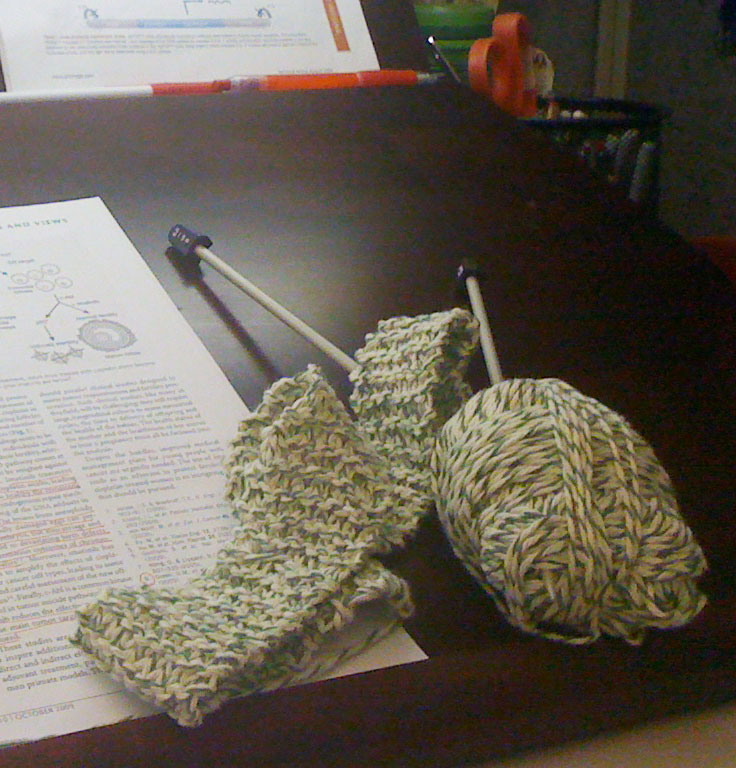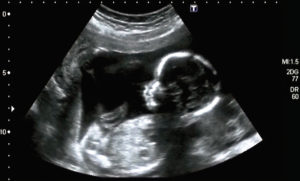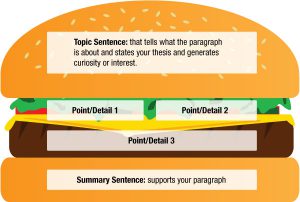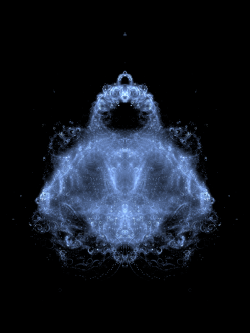Integrating artificial intelligence (AI) into the process of scientific research offers a wealth of efficiency-boosting tools that are transforming the ways scientists can approach their work. Many are already using AI to refine code, automate data processing, and edit papers, presentations, abstracts and more. Personally, I find generative language models like ChatGPT to be invaluable “editorial assistants” in my work as a science writer, helping me work through wonky sentence structures, be more concise and get over writer’s block, to name a few applications.

But a scientist’s work doesn’t only involve writing or analyzing data, making presentations or keeping up with the literature. An essential component of any research scientist’s skillset is their ability to develop entirely new ideas and novel research proposals. Coming up with research questions and plans is a central component of graduate education and research careers, both in academia and industry.
As AI continues to advance and find broader use, a critical question arises: Can AI play a pivotal role in the creative process of developing entirely new ideas, such as crafting novel research proposals?
Continue reading “Can AI Help You Develop a Research Proposal?”




 As a recruiter, I look at resumes every single day. It’s part of my job. A good resume will get your information passed on to a hiring manager, and a bad one will end up in a rejection pile. A candidate could be a perfect fit for the job, but if the resume does not reflect HOW they are a perfect fit, they will not get moved forward in the interview process.
As a recruiter, I look at resumes every single day. It’s part of my job. A good resume will get your information passed on to a hiring manager, and a bad one will end up in a rejection pile. A candidate could be a perfect fit for the job, but if the resume does not reflect HOW they are a perfect fit, they will not get moved forward in the interview process.


